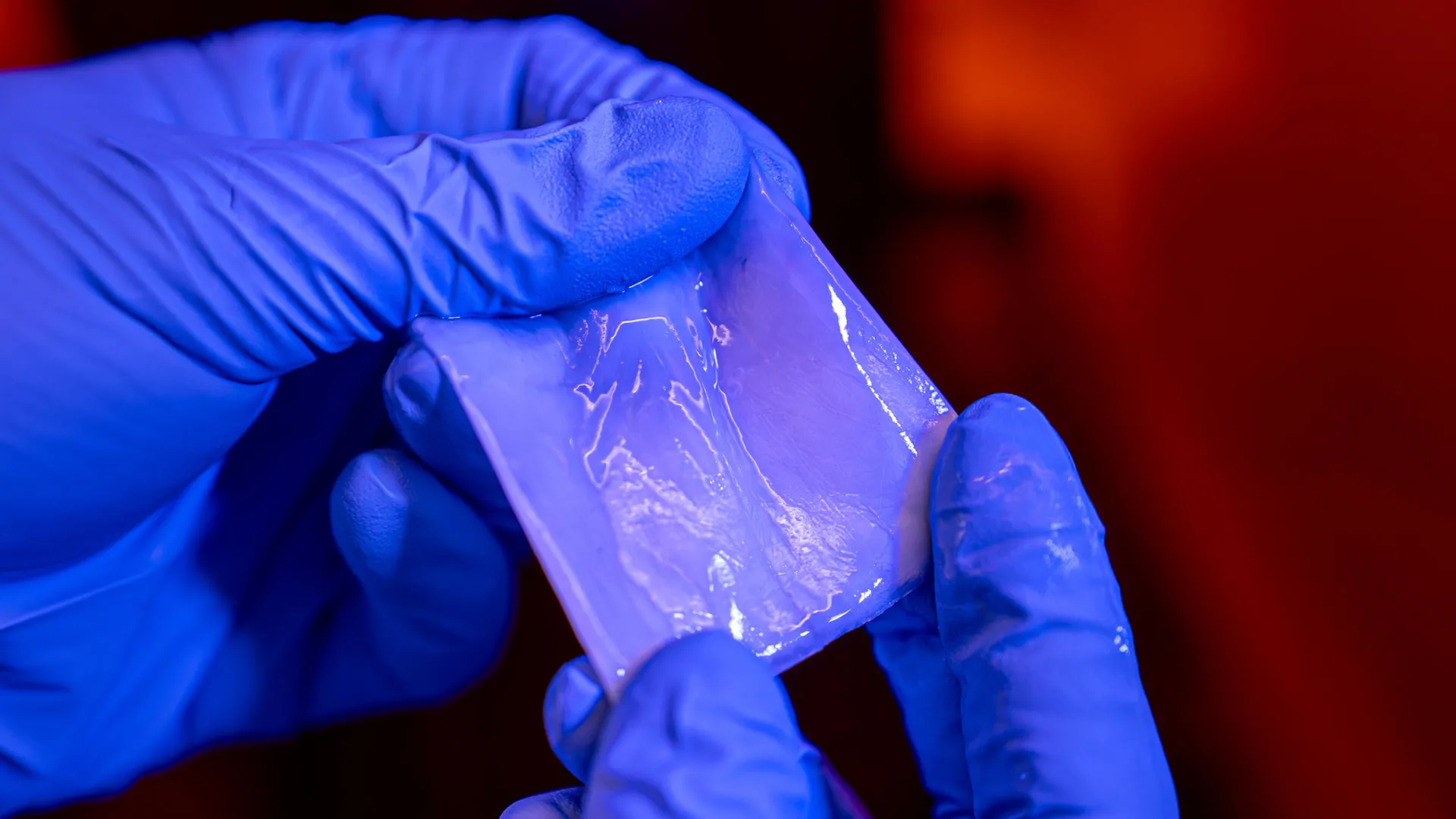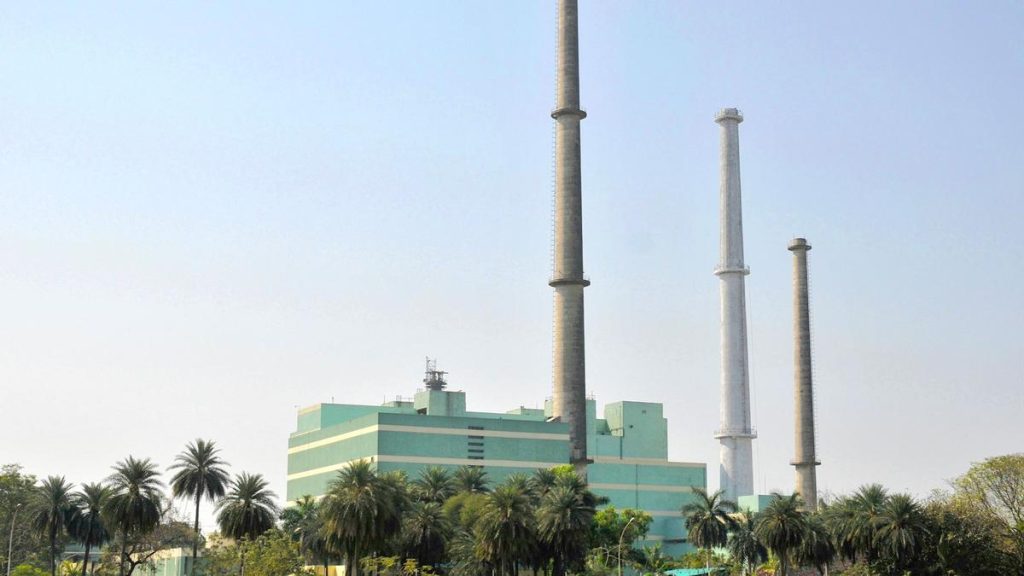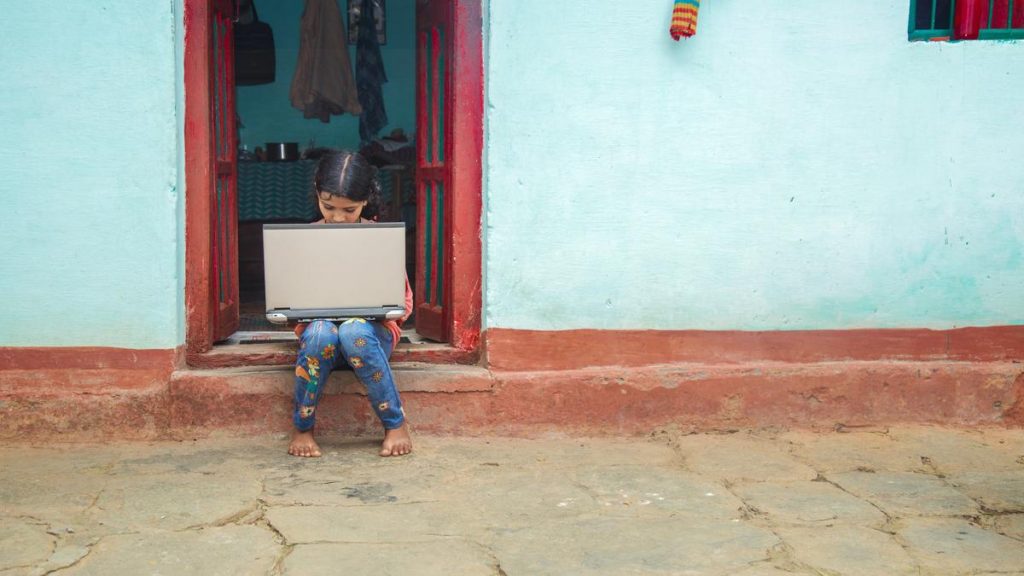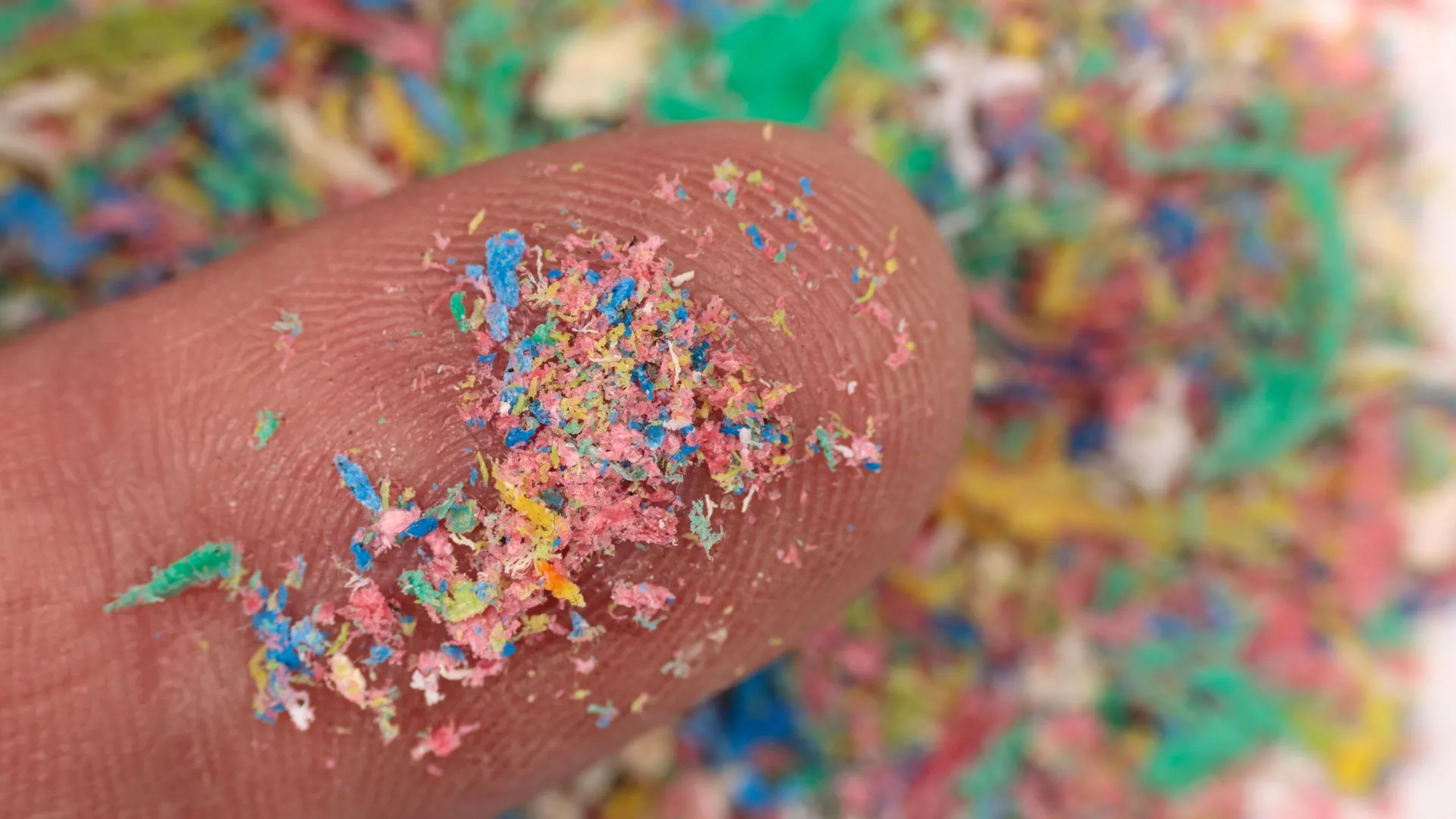Now Reading: Breakthrough Supermaterial Poised to Replace Plastic, Metal, and Glass
-
01
Breakthrough Supermaterial Poised to Replace Plastic, Metal, and Glass
Breakthrough Supermaterial Poised to Replace Plastic, Metal, and Glass

Rapid Summary
- Scientists at Rice University and the University of houston innovatively engineered bacterial cellulose into high-strength,multifunctional materials using a scalable biosynthesis technique.
- The study, published in Nature Communications, utilized a rotational bioreactor too align bacterial cellulose fibers during growth, enhancing mechanical properties.
- The resulting material achieved tensile strengths up to 436 megapascals and improved heat dissipation when infused with boron nitride nanosheets (strength improved to 553 megapascals).
- Bacterial cellulose is biodegradable,making it an eco-friendly alternative to synthetic polymers causing plastic pollution.
- Potential applications include packaging, textiles, green electronics, structural materials, energy storage systems, and thermal management solutions.
- The project involved interdisciplinary collaboration between researchers from biology, materials science, mechanical engineering & nanoengineering fields at Rice University and the University of Houston.
- Funding was provided by organizations like the National Science Foundation (Grant No. 2234567), U.S. Endowment for Forestry and Communities (23-JV−11111129-042), and Welch Foundation (C−1668).
Indian Opinion Analysis
This research represents a significant breakthrough in advancing sustainable material technology that could have global implications for tackling plastic pollution-a concern especially poignant for India as one of the world’s largest consumers of plastics. Given its biodegradable nature and high mechanical strength comparable to metals or glass but with additional adaptability and functionality benefits like thermal conductivity enhancement via nanoscale additives-bacterial cellulose offers transformative potential.
For India specifically:
- Adopting such eco-friendly alternatives aligns well with national goals such as Swachh Bharat Abhiyan (Clean India Mission) while reducing environmental degradation caused by conventional plastics’ microdegradation effects on water bodies or soils across rural-to-metro ecosystems alike already susceptible enough environmentally strained sectors vital agricultural output sustainability etc forefront prioritising actionable paths reflects pragmatic vision transformative scales goes far necessity purely aspirational grounds..
India




























